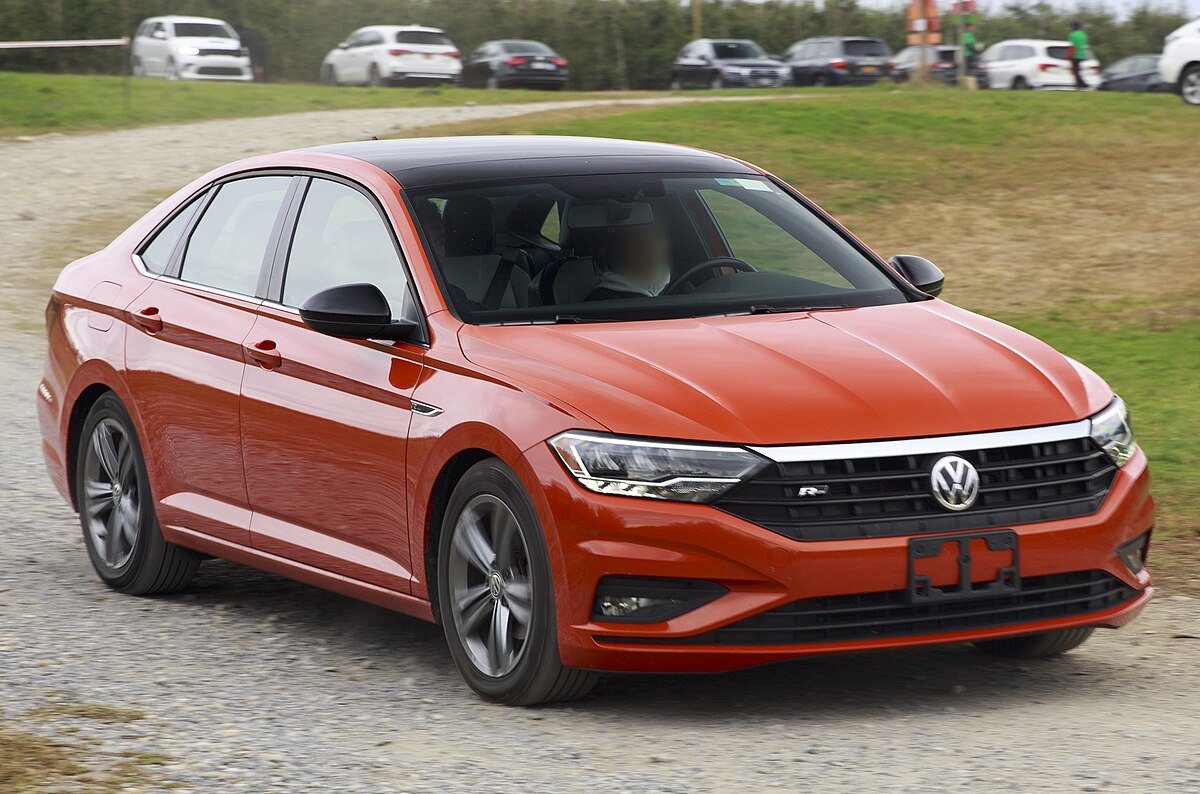Volkswagen has long been celebrated for its engineering prowess, especially when it comes to delivering vehicles that combine performance, efficiency, and driving pleasure.
One of the most notable innovations to emerge from the German automaker over the past two decades is its dual-clutch gearbox, more commonly known as the DSG (Direct-Shift Gearbox).
Offering faster gear shifts, improved fuel economy, and the convenience of an automatic transmission combined with the performance benefits of a manual, the DSG has been a hallmark of Volkswagen’s lineup.
However, despite its many advantages, the DSG system has not been without its share of problems. For several models in Volkswagen’s range, the DSG transmission has caused significant reliability issues, leading to frustrated owners, expensive repairs, and a tarnished reputation in some cases.
While some Volkswagen models with DSG transmissions have seen considerable success in terms of performance and longevity, others have experienced a far more troublesome relationship with the technology.
The combination of complex mechanics, electronic systems, and dual-clutch components has led to a range of transmission-related issues that affect various models across Volkswagen’s portfolio.
From the Volkswagen GTI MK6 to the Volkswagen Beetle (2012-2017), many popular cars in the Volkswagen range equipped with DSGs have suffered from recurring transmission problems, some of which have left owners with large repair bills and a long list of grievances.
These issues not only disrupt the driving experience but also significantly impact the long-term reliability of the vehicle, causing a ripple effect in the used-car market, where prospective buyers are often hesitant to choose models with known DSG problems.
One of the primary issues that have plagued these vehicles is the characteristic rough shifting that frequently occurs with DSG-equipped Volkswagen models.
These transmissions are designed to provide quick and seamless gear changes, but in some cases, they instead produce a jerky, unrefined experience, particularly during low-speed driving. The rough shifting can be so pronounced that it feels as though the car is constantly “bucking” or “lurching” forward, which is both uncomfortable and irritating for the driver.
This issue is especially notable in stop-and-go traffic, where the transmission must constantly shift in and out of gears. This problem, along with clutch wear, which leads to increased friction and jerky behavior, has been a consistent issue with many models.
Another significant problem tied to the DSG system in certain Volkswagen cars is overheating. Due to the nature of dual-clutch transmissions, heat can build up quickly during sustained driving, particularly in hot climates or during long highway drives.
Overheating causes the transmission fluid to degrade, which can lead to poor shifting performance and, in the worst cases, a complete transmission failure.
This issue has plagued many owners, especially in older models or those with high-mileage cars. The overheating of the transmission often results in an increased risk of damage to other drivetrain components, exacerbating the problem and making it even more expensive to repair.
The electronic malfunctions associated with DSG transmissions are another thorn in the side for many Volkswagen owners. DSG systems rely heavily on a series of sensors, control modules, and actuators to ensure smooth shifting and optimal performance.
When these electronic components fail, the transmission may start to malfunction in various ways, such as losing communication with the car’s engine control unit or becoming “stuck” in a particular gear.
These malfunctions can be hard to diagnose, and the need for specialized software updates and repairs can result in higher service costs. Furthermore, owners often face unpredictable behavior from their vehicles, with the transmission shifting erratically or even entering limp mode.
While Volkswagen’s commitment to enhancing the DSG system over the years has helped mitigate some of these issues, the fact remains that many owners of early and mid-2010s Volkswagen models continue to experience significant DSG-related problems.
From the Volkswagen Jetta MK6 to the Volkswagen Tiguan MK1, these cars have become notorious for their unreliable DSG systems, frustrating countless owners who expected a reliable and high-performing transmission.
As these problems persist, it raises important questions about whether the DSG system, which initially promised so much in terms of performance and efficiency, was truly ready for the mass-market applications it was put in.
For prospective buyers, understanding the inherent issues tied to certain Volkswagen models equipped with DSGs is crucial when considering a purchase, especially if long-term reliability is a key factor in their decision-making process.
In this article, we will examine five popular Volkswagen cars that have been plagued by DSG transmission problems, looking closely at the specific issues each model has faced and the impact these issues have had on vehicle reliability.
These cars represent a cross-section of Volkswagen’s offerings during the period when DSG problems were most prominent, and understanding these issues can provide valuable insights for both current owners and potential buyers who might be considering these models.
Also Read: Top 10 High-Performance Automatic Cars of 2025
5 Volkswagen Cars with Zero DSG Problems
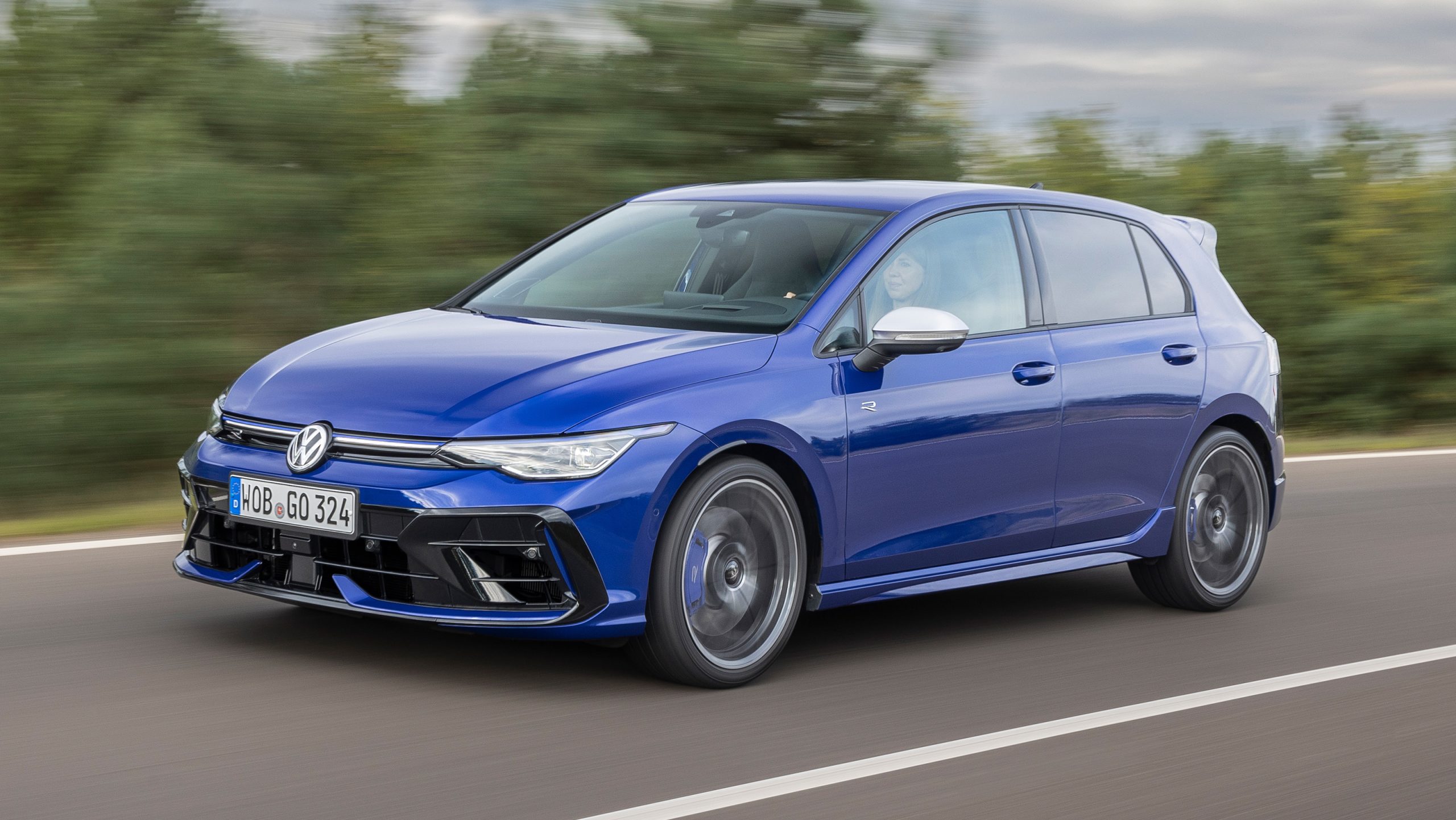
1. Volkswagen Golf R (MK7)
The Volkswagen Golf R (MK7), particularly in the years between 2015 and 2019, is one of the standout models in Volkswagen’s lineup for performance and reliability. The MK7 Golf R comes equipped with a 2.0L turbocharged four-cylinder engine, paired with a 7-speed DSG transmission, providing a thrilling combination of power and efficiency.
For owners of the Golf R, the DSG transmission has consistently proven to be incredibly reliable, with minimal reports of the common issues that plague other models.
Unlike some earlier Volkswagen models that suffered from jerky shifts, overheating, or poor engagement at low speeds, the Golf R’s DSG operates seamlessly under a wide variety of conditions
. The dual-clutch system, when paired with the turbocharged engine, delivers lightning-fast gear changes, creating a responsive and engaging driving experience.
One of the key reasons the MK7 Golf R has been so successful in avoiding DSG-related problems is Volkswagen’s continuous refinement of its transmission software.
Throughout the years, Volkswagen has released software updates that ensure smoother, more refined shifting, eliminating the jerky behavior that early DSG models were notorious for. As a result, the Golf R’s transmission operates with impressive precision, even when subjected to high-performance driving.
In addition to the software upgrades, the Golf R’s DSG transmission is built with higher-quality components, which contribute to its durability and ability to handle more aggressive driving habits without experiencing failure.
This makes the Golf R one of the most dependable vehicles in the Volkswagen lineup for anyone seeking a high-performance car with a hassle-free DSG experience.
Moreover, the MK7 Golf R’s reputation for reliability is bolstered by the fact that many owners report minimal maintenance costs related to the DSG transmission over the years.
While regular maintenance, such as fluid changes, is still necessary, the Golf R’s DSG has been known to endure for many miles without major issues, even with performance-driven use.
The reliability of the DSG system has made the Golf R a favorite among driving enthusiasts who prioritize not only performance but also peace of mind.
In comparison to other Volkswagen models, the Golf R offers a harmonious balance of performance, comfort, and dependability, making it one of the few models in Volkswagen’s DSG-equipped lineup that doesn’t fall victim to the issues many other vehicles face.
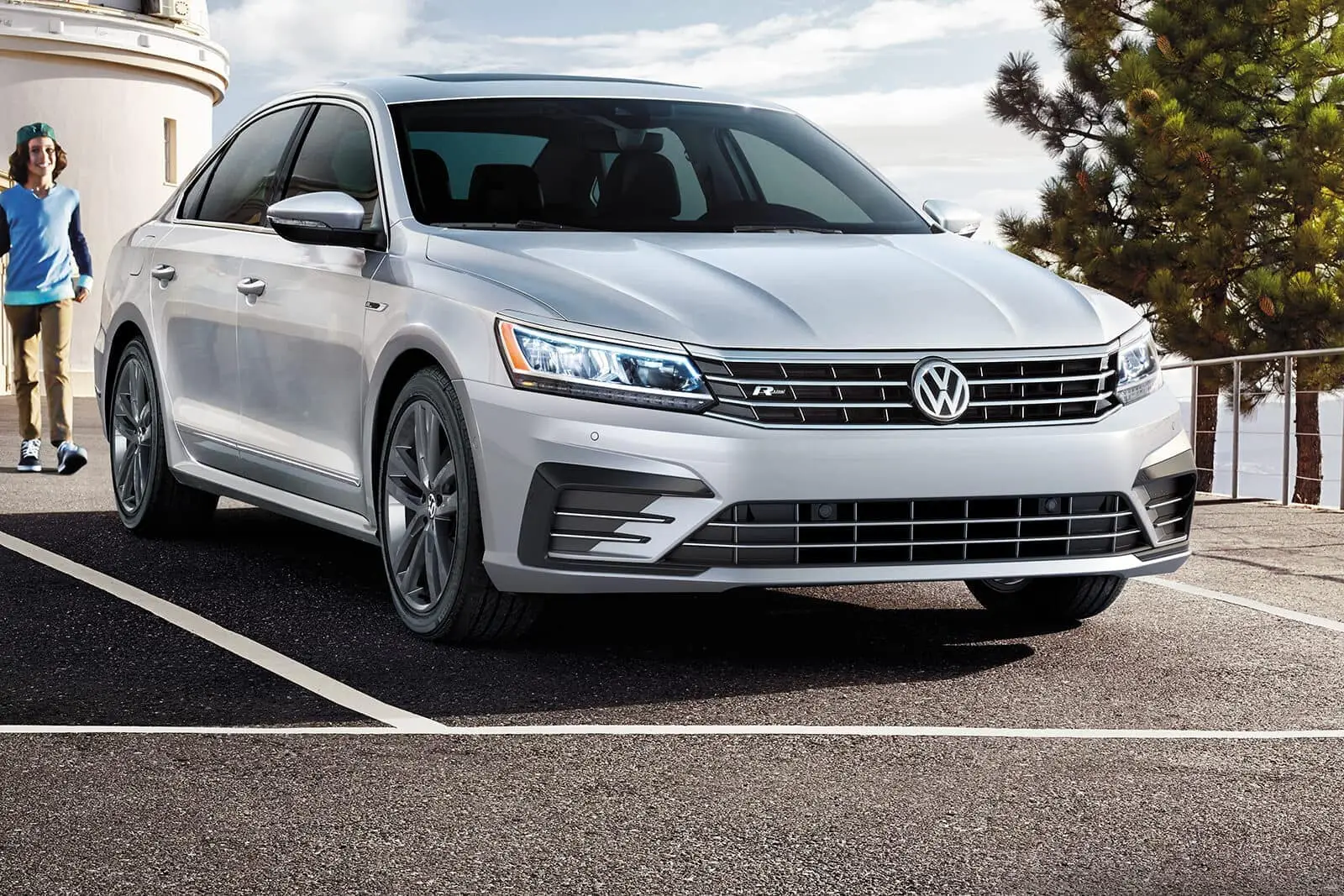
2. Volkswagen Passat (B8)
The Volkswagen Passat (B8), introduced in 2015, marked a significant shift in the brand’s approach to refinement and reliability, particularly concerning its DSG transmissions. Unlike the DSG systems in earlier Passat models, the B8 generation’s DSG transmission has been widely praised for its smooth operation and long-term durability.
One of the key features that sets the B8 Passat apart is its advanced 6-speed and 7-speed DSG options, which have undergone significant improvements in terms of software optimization and mechanical reliability.
When coupled with the car’s turbocharged engines, these DSG transmissions provide smooth gear changes and ensure that the vehicle accelerates with efficiency and ease, even in stop-and-go traffic.
One of the most notable improvements in the B8 Passat’s DSG system is its improved heat management. The transmission is designed to dissipate heat more effectively, which was a critical issue in earlier Volkswagen DSG models.
This means that even during extended periods of driving in heavy traffic or long-distance highway cruising, the transmission can handle the increased stress without overheating or suffering from premature wear.
This update has significantly reduced the occurrence of DSG-related problems, such as overheating or failure of the clutch packs. As a result, the B8 Passat has emerged as one of the more dependable models in the Volkswagen lineup, particularly in terms of transmission reliability.
Moreover, the DSG transmission in the B8 Passat is known for its impressive fuel economy. Because the dual-clutch system shifts more quickly and efficiently than traditional automatic transmissions, it allows the engine to operate in its optimal power band, improving both acceleration and fuel efficiency.
This makes the B8 Passat not only a reliable vehicle for long-term ownership but also an economical choice for those who want a refined driving experience without sacrificing performance or fuel economy.
Combined with the overall smoothness of the car’s drivetrain, the Passat stands out as one of the more well-rounded Volkswagen sedans with a DSG transmission that doesn’t suffer from the common problems associated with earlier models.
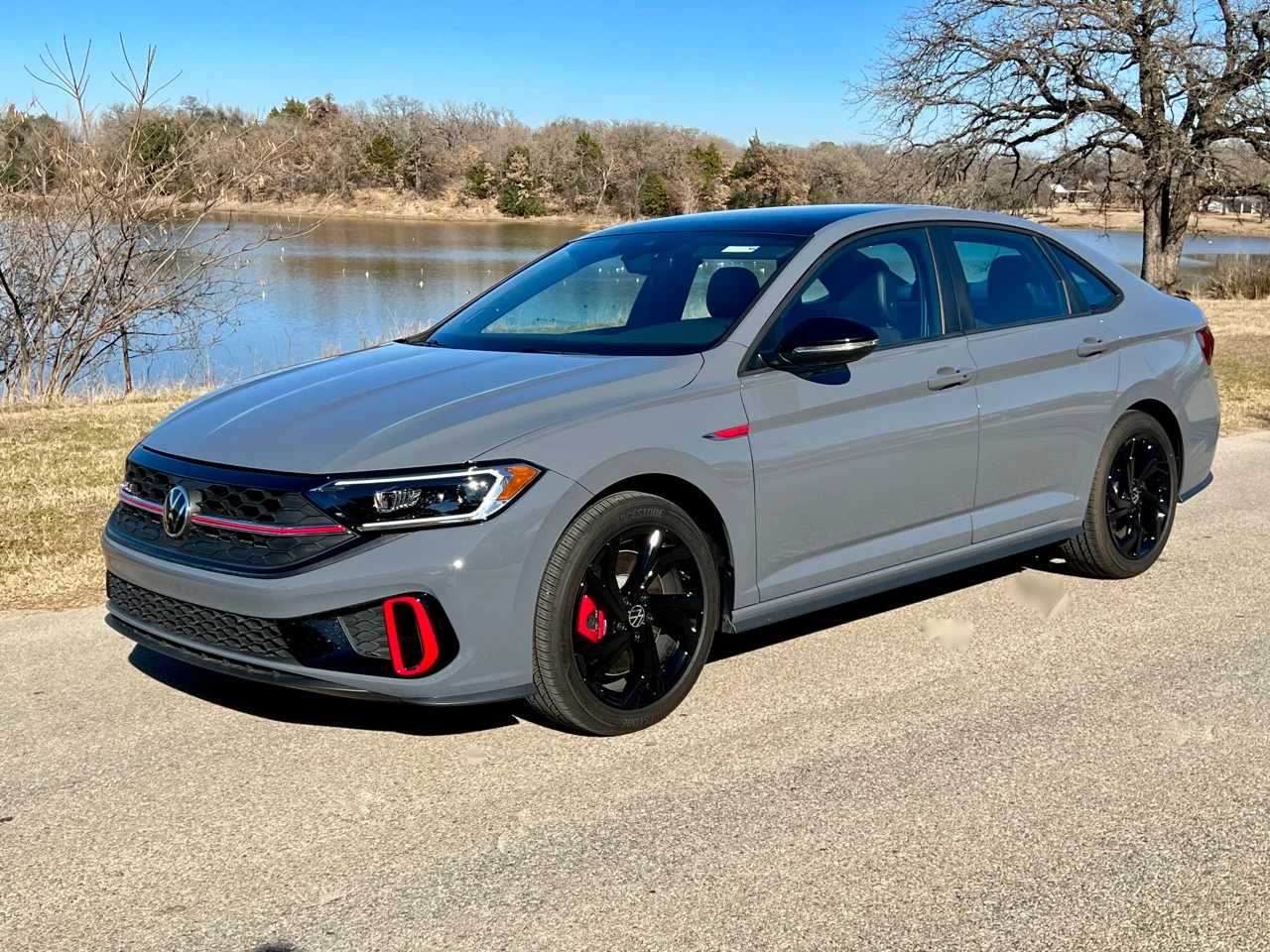
3. Volkswagen Jetta GLI (MK7)
The Volkswagen Jetta GLI (MK7), which debuted in 2019, is another vehicle that has been praised for its reliable DSG transmission. As a performance-oriented sedan, the Jetta GLI offers a dynamic driving experience thanks to its turbocharged 2.0L engine and 7-speed DSG transmission.
The DSG in the Jetta GLI is known for providing smooth, rapid shifts that enhance the vehicle’s performance, particularly when driving aggressively or during spirited acceleration. In fact, many owners report that the shifts are almost imperceptible, making the driving experience feel fluid and composed, even at high speeds.
One of the reasons why the MK7 Jetta GLI’s DSG transmission has been so reliable is due to Volkswagen’s commitment to updating and refining the transmission software. In comparison to earlier DSG models, the transmission in the GLI is better tuned to provide consistent performance under various driving conditions.
The clutch packs are less prone to wear, and the transmission’s ability to handle higher amounts of torque means it can endure high-performance driving without the issues that plagued older DSG-equipped cars.
Furthermore, the transmission’s responsiveness makes it ideal for performance enthusiasts who want a car that can handle both daily commuting and weekend thrills with equal aplomb.
As with the Golf R, the Jetta GLI’s DSG transmission has also been noted for its longevity. Owners who have put considerable miles on their Jetta GLIs report that the transmission remains solid, with little to no signs of the typical DSG issues such as hesitation, jerking, or overheating.
This makes the Jetta GLI a highly reliable option for those seeking a fun-to-drive sedan with a DSG that performs flawlessly for years. The relatively low maintenance costs associated with the DSG also make it an attractive option for drivers who want a performance-oriented car without the constant worry of expensive transmission repairs.
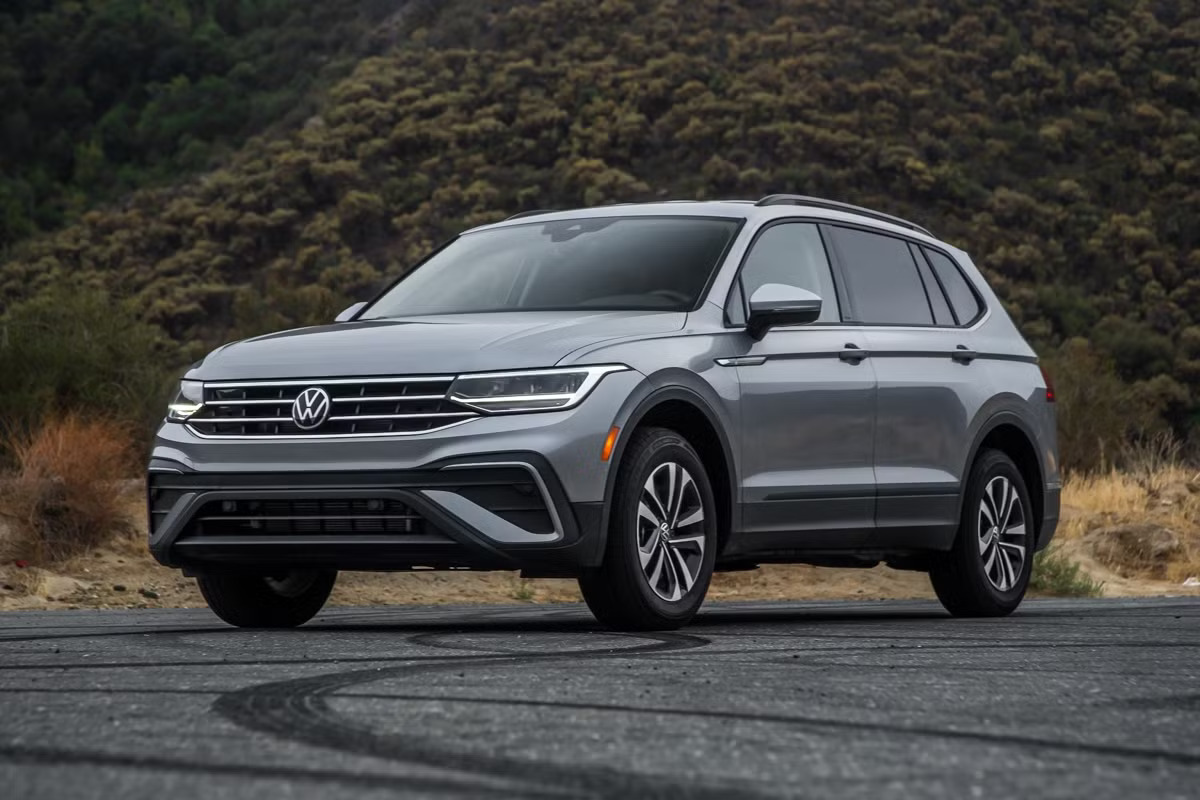
4. Volkswagen Tiguan (MK2)
The Volkswagen Tiguan (MK2), which was introduced in 2017, represents a marked improvement in Volkswagen’s approach to DSG reliability, particularly when compared to the first-generation Tiguan. The 7-speed DSG paired with the 2.0L turbocharged engine in the MK2 Tiguan provides owners with a smooth, efficient driving experience, and the transmission has garnered praise for its durability and long-term reliability.
One of the significant improvements made to the Tiguan’s DSG is its refinement in both shifting behavior and heat management. The transmission in the MK2 Tiguan is less prone to overheating, which has historically been a common issue in older DSG-equipped vehicles.
As a result, the MK2 Tiguan is much better suited for everyday driving, offering a seamless driving experience without the common DSG problems, such as harsh shifting, jerking, or delayed gear changes.
The 7-speed DSG in the Tiguan has also been optimized for efficiency, which means it performs well both in urban settings and on highways. The dual-clutch system ensures that shifts are quick and precise, making the Tiguan feel agile and responsive, even in stop-and-go traffic.
The transmission also helps improve the Tiguan’s fuel economy, allowing the vehicle to maintain excellent gas mileage without sacrificing power or performance. Many owners report that the DSG in the MK2 Tiguan is virtually trouble-free, with the system operating flawlessly even under conditions that would typically stress other transmissions.
In addition to its smooth shifting and reliability, the MK2 Tiguan’s DSG transmission is built to endure long-term use, with many owners praising its ability to hold up well even after hundreds of thousands of miles. While regular maintenance, such as fluid changes, is essential to keep the transmission in peak condition, the overall reliability of the DSG makes the MK2 Tiguan an excellent option for those looking for a compact SUV with a strong, dependable drivetrain.
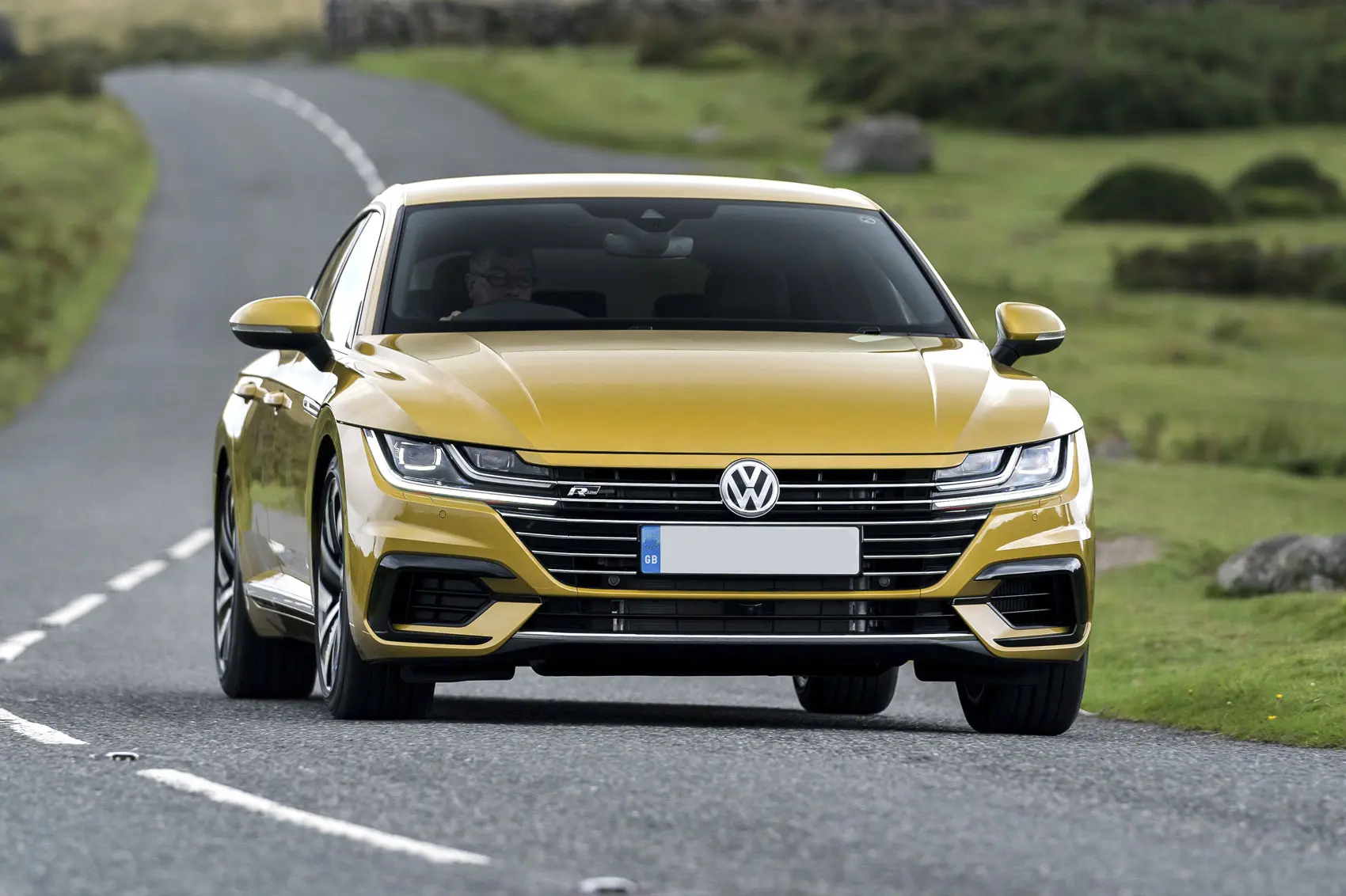
5. Volkswagen Arteon
The Volkswagen Arteon, Volkswagen’s premium sedan offering, has been lauded for its elegant design, luxurious interior, and, importantly, the performance of its DSG transmission. The Arteon features a 7-speed DSG transmission paired with a 2.0L turbocharged engine, delivering a refined and smooth driving experience.
Owners of the Arteon frequently highlight the seamless performance of the DSG, particularly the lack of hesitation or jerking when shifting gears. The transmission is exceptionally well-tuned to provide smooth and precise shifts, making the driving experience enjoyable whether you’re navigating tight city streets or cruising on the highway.
What sets the Arteon apart from other Volkswagen models equipped with DSGs is its commitment to providing a higher level of refinement. Volkswagen has focused on ensuring that the Arteon’s dual-clutch system is not only responsive but also gentle and smooth, offering an elevated driving experience for those who seek more comfort and luxury.
The DSG in the Arteon is designed to shift without interrupting the vehicle’s power delivery, which means that drivers don’t experience the jolts or rough engagement often associated with other DSG models.
This makes the Arteon a highly reliable vehicle in terms of transmission performance, and many owners report that they experience little to no issues with the DSG, even after several years of ownership.
Furthermore, the DSG in the Arteon helps the car achieve excellent fuel economy while still offering a thrilling driving experience. The transmission works efficiently with the turbocharged engine to deliver power when needed, while also conserving fuel during cruising, making the Arteon both a fun and practical choice.
Overall, the Arteon’s DSG transmission stands out as one of the most reliable and smooth-operating systems available in Volkswagen’s current lineup, providing a seamless blend of luxury and performance for its drivers.
5 Volkswagen Cars Plagued by DSG Problems
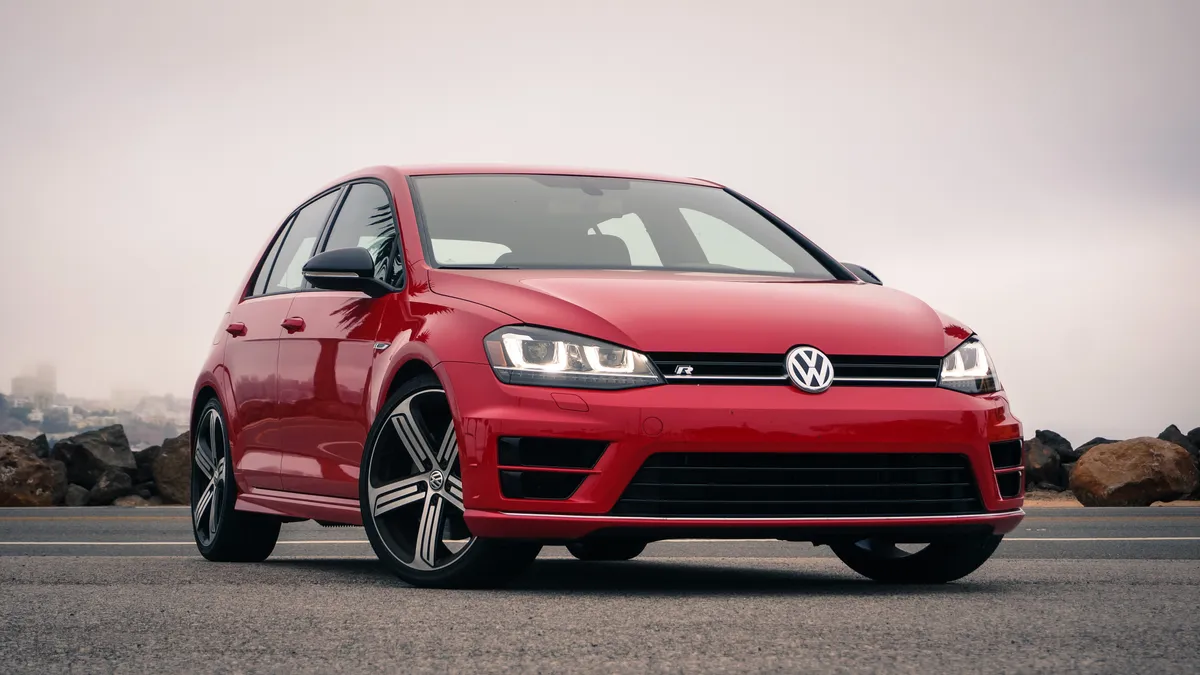
1. Volkswagen GTI (MK6)
The Volkswagen GTI (MK6), produced from 2010 to 2014, was hailed as one of the best performance hatchbacks of its time. However, despite its charm and high driving dynamics, it was plagued by significant DSG transmission issues that left many owners frustrated.
One of the most commonly reported problems with the MK6 GTI’s DSG was its rough shifting, especially during low-speed driving. The transmission would frequently hesitate or jerk, creating a bumpy and uncomfortable experience in stop-and-go traffic.
This was particularly noticeable when the driver attempted to accelerate from a stop or during a slow roll, with the car often lurching forward before finding the right gear.
Part of the issue stemmed from the design of the dual-clutch transmission itself. In early MK6 models, the DSG was prone to overheating, especially under hard acceleration or during long drives in hot climates.
The heat would cause the transmission fluid to break down more quickly, leading to poor shifting performance, overheating of the clutches, and a general loss of power delivery.
These overheating issues were not only annoying but also resulted in costly repairs for many GTI owners. Replacing the clutch packs or the entire transmission was often necessary, which became a major financial burden for many, particularly those out of warranty.
The DSG system also struggled with torque delivery, particularly in models with higher mileage or those used in aggressive driving conditions. These factors combined to create a car that, while exhilarating to drive, was marred by transmission-related headaches that tarnished its overall reliability.
Beyond overheating and rough shifting, the MK6 GTI’s DSG was also prone to complete failure, with some owners reporting that their transmissions failed without warning. This led to dangerous situations, especially if the transmission suddenly went into limp mode or became unresponsive while driving.
Even with the necessary software updates and maintenance, the DSG in the MK6 GTI remained a weak point, with many owners unable to fully resolve the issues despite multiple attempts.
The result was a high number of complaints about the DSG, and the transmission problems significantly impacted the GTI’s reputation for long-term reliability, despite its performance capabilities.
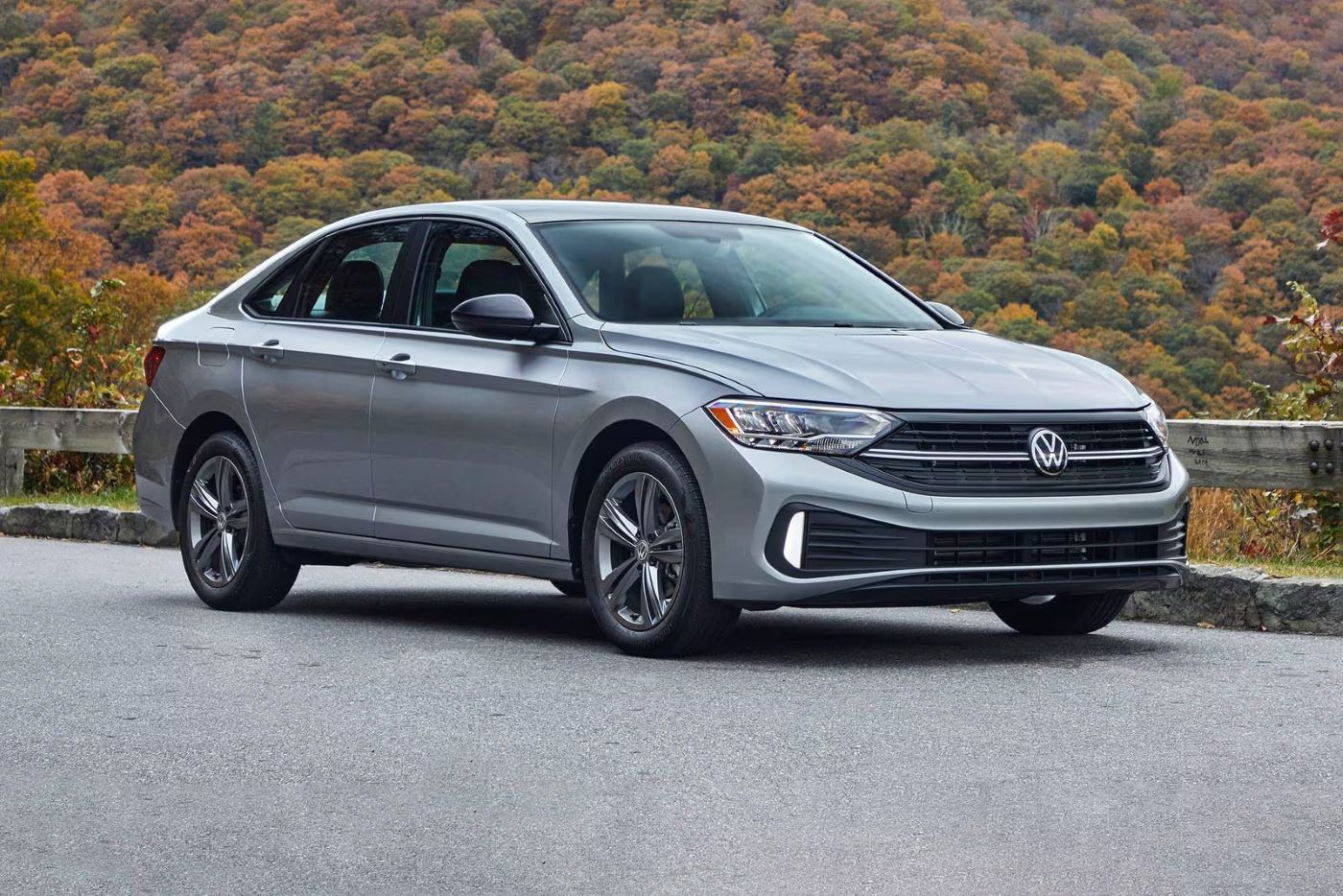
2. Volkswagen Jetta (MK6)
Much like the MK6 GTI, the Volkswagen Jetta (MK6), which was produced from 2011 to 2018, also suffered from frequent DSG issues, particularly with its 6-speed and 7-speed dual-clutch transmissions.
The Jetta’s DSG transmission, while designed for smooth shifts and efficient power delivery, often struggled with hesitation, rough shifting, and clutch wear.
One of the most glaring issues reported by Jetta owners was the infamous “shuddering” effect, where the car would jerk and lurch while driving at low speeds or when starting from a stop.
This problem was often attributed to worn-out clutch packs, which were not built to withstand the rigors of daily driving for extended periods, especially in models that had higher mileage.
The DSG system in the MK6 Jetta was also prone to overheating, leading to performance degradation and transmission failure in some cases. Overheating would cause the transmission fluid to break down, resulting in erratic shifting behavior, loss of acceleration power, and, in some instances, the car becoming stuck in gear.
Owners of the MK6 Jetta often reported that even after regular maintenance and DSG fluid changes, the transmission still exhibited these issues, requiring costly repairs that many weren’t prepared for.
For many Jetta owners, the ongoing problems with the DSG transmission overshadowed the car’s otherwise solid performance, especially since they expected a reliable vehicle with a smooth driving experience.
Another common complaint with the MK6 Jetta’s DSG was its reluctance to shift smoothly under light throttle input. This was particularly noticeable when the car was being driven slowly in city traffic or during stop-and-go driving.
The transmission would often hesitate or “hang” before making the shift, which caused uncomfortable driving dynamics and a lack of smoothness in everyday situations.
While the MK6 Jetta was generally regarded as an affordable and practical car, the DSG transmission issues detracted from its overall appeal and left many owners frustrated with their choice, even if they loved other aspects of the vehicle.
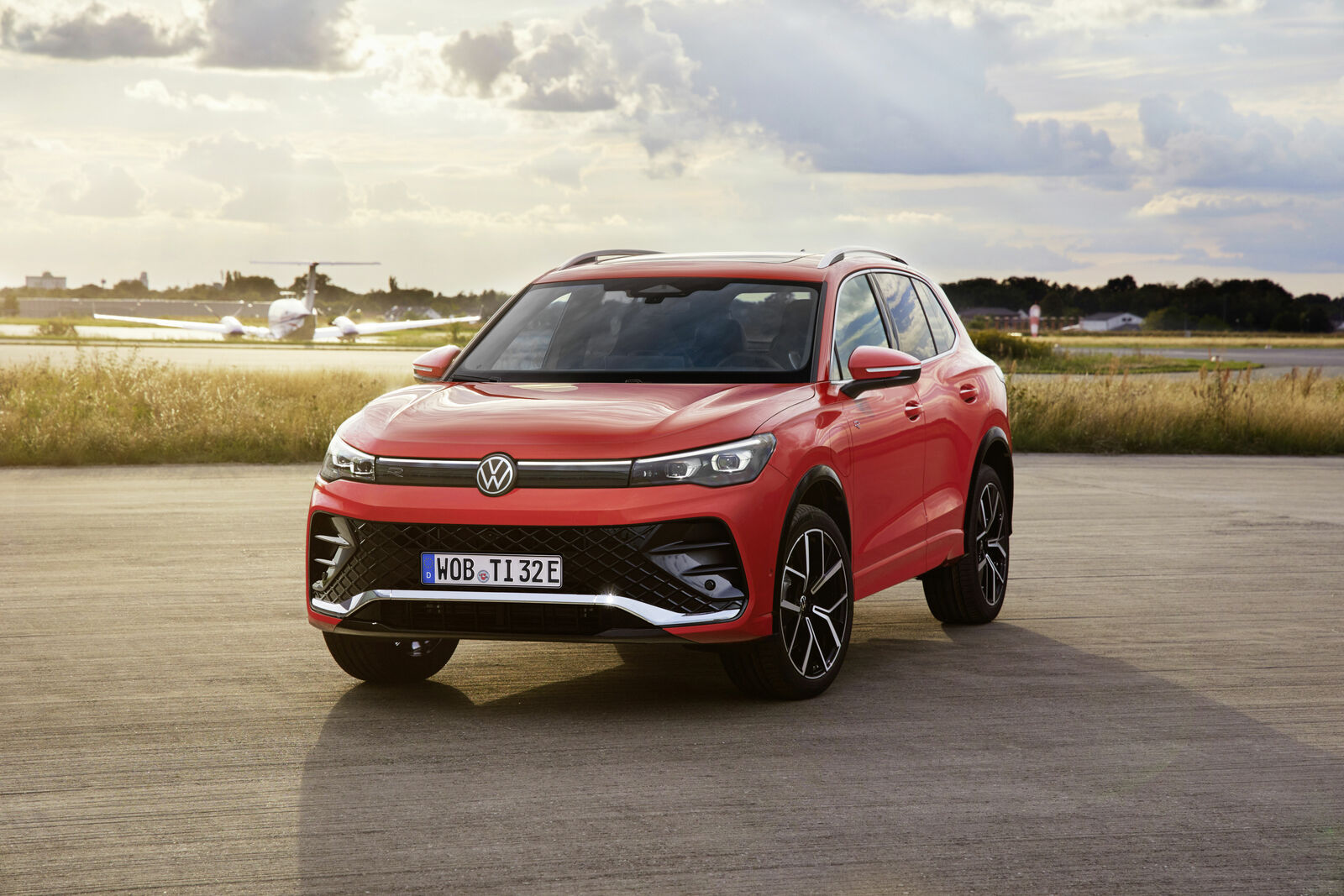
3. Volkswagen Tiguan (MK1)
The first-generation Volkswagen Tiguan (MK1), produced from 2007 to 2017, was another model that suffered from significant DSG transmission problems, particularly in the earlier years of production.
The MK1 Tiguan was available with both a 6-speed and a 7-speed DSG, but both versions tended to suffer from sluggish shifts and poor power delivery, especially in models with higher mileage.
Owners frequently complained of harsh or delayed shifting, particularly when accelerating from a stop or during low-speed driving. These issues were exacerbated by a tendency for the DSG to overheat, leading to erratic and unresponsive behavior in certain conditions.
One of the most notable problems with the MK1 Tiguan’s DSG transmission was its premature clutch wear. Many owners reported that the clutches would wear out faster than expected, leading to rough shifts, poor acceleration, and eventually the need for costly repairs.
When the clutch packs began to fail, the vehicle would often experience slipping or jerking during gear changes, making the driving experience unpleasant. In severe cases, the transmission would enter limp mode, which restricted the car’s ability to accelerate properly and left the driver stranded.
This issue was particularly prevalent in earlier Tiguan models, where Volkswagen’s initial DSG design wasn’t as refined or reliable as it should have been. The combination of clutch wear and overheating meant that the MK1 Tiguan was frequently a source of frustration for owners, especially those who relied on it for daily driving.
Additionally, the DSG transmission in the MK1 Tiguan was prone to electronic malfunctions, with the transmission control module (TCM) sometimes failing or malfunctioning. This led to delayed or rough shifting, as the transmission control system was unable to communicate properly with the rest of the drivetrain.
Such malfunctions, combined with the physical wear on the clutches, led to frequent repair visits for many Tiguan owners. While the MK1 Tiguan was praised for its practicality and size, its DSG transmission issues significantly detracted from its overall reliability and left many owners questioning the wisdom of choosing the dual-clutch system in the first place.
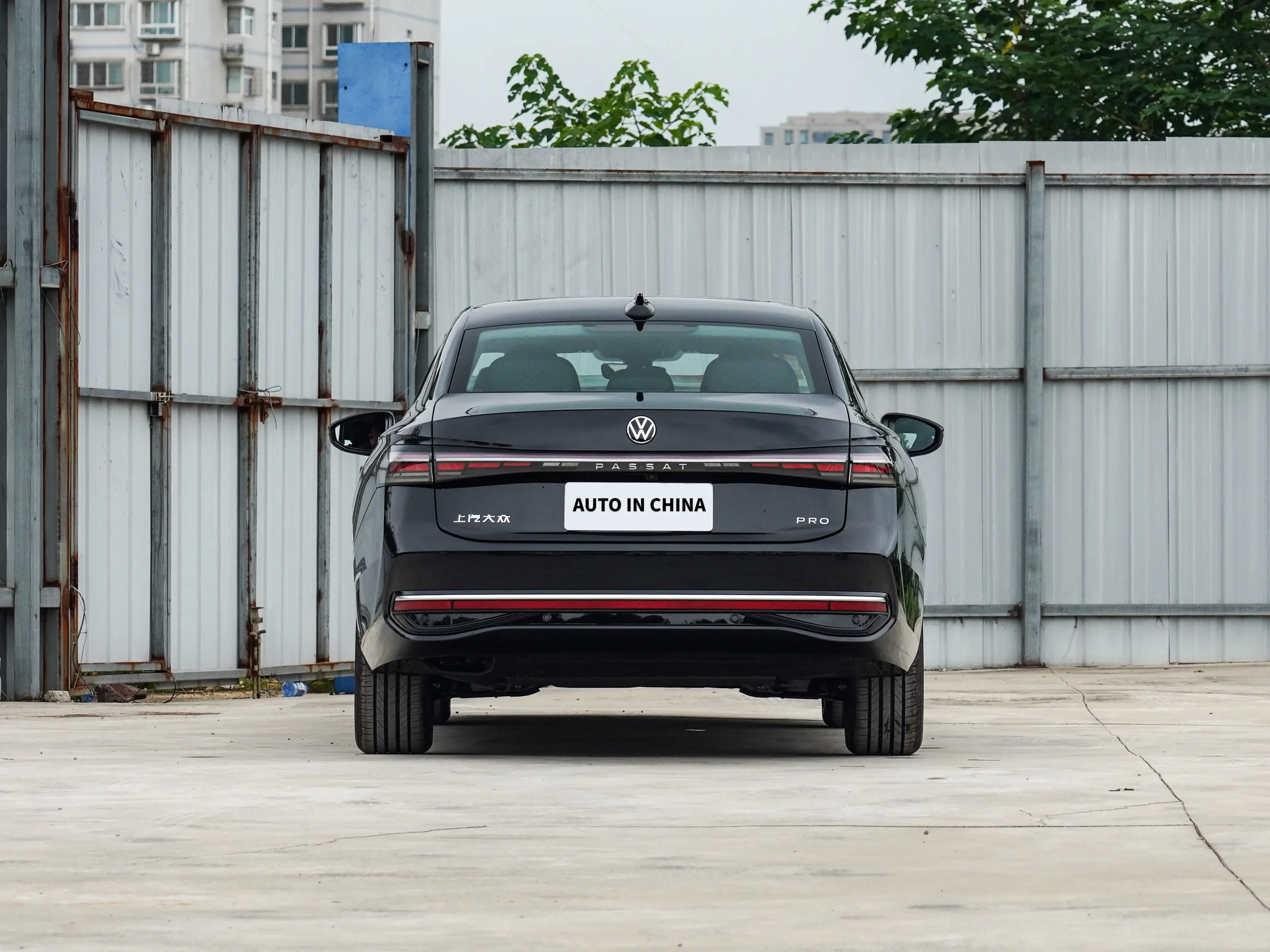
4. Volkswagen Passat (B7)
The Volkswagen Passat (B7), produced from 2011 to 2015, had several issues with its DSG transmission, particularly in models equipped with the 2.0L turbocharged engine. The Passat’s DSG was known for exhibiting rough and unpredictable shifting behavior, especially in urban driving conditions or during slow-speed maneuvers.
Much like other models with the DSG transmission, the B7 Passat frequently experienced hesitation when accelerating from a stop, with the car’s transmission struggling to find the right gear. This caused the vehicle to lurch or hesitate before finally engaging, resulting in a frustrating driving experience.
Overheating was another common issue in the DSG-equipped B7 Passat, particularly under extended highway driving or aggressive acceleration. When the DSG transmission overheated, it would often lead to a loss of power, rough shifts, or even complete transmission failure.
The overheating problems were compounded by poor heat management in the transmission, which caused the clutch packs to wear out prematurely.
As a result, many B7 Passat owners had to replace their DSG clutches or the entire transmission, leading to expensive repair bills and a significant loss of reliability. Even with regular maintenance, many owners reported that the DSG transmission simply couldn’t hold up over time, making the Passat a less reliable choice in the used car market.
Furthermore, the B7 Passat’s DSG was prone to electronic issues, with the transmission control module (TCM) failing or malfunctioning, leading to erratic shifting and unresponsive behavior. In some cases, the TCM failure resulted in the transmission becoming stuck in gear or refusing to engage certain gears, leaving drivers stranded.
The need for costly repairs and frequent maintenance made the DSG-equipped B7 Passat a problematic vehicle for many owners, who were forced to deal with the frustration of unreliable shifting and potential transmission failure.
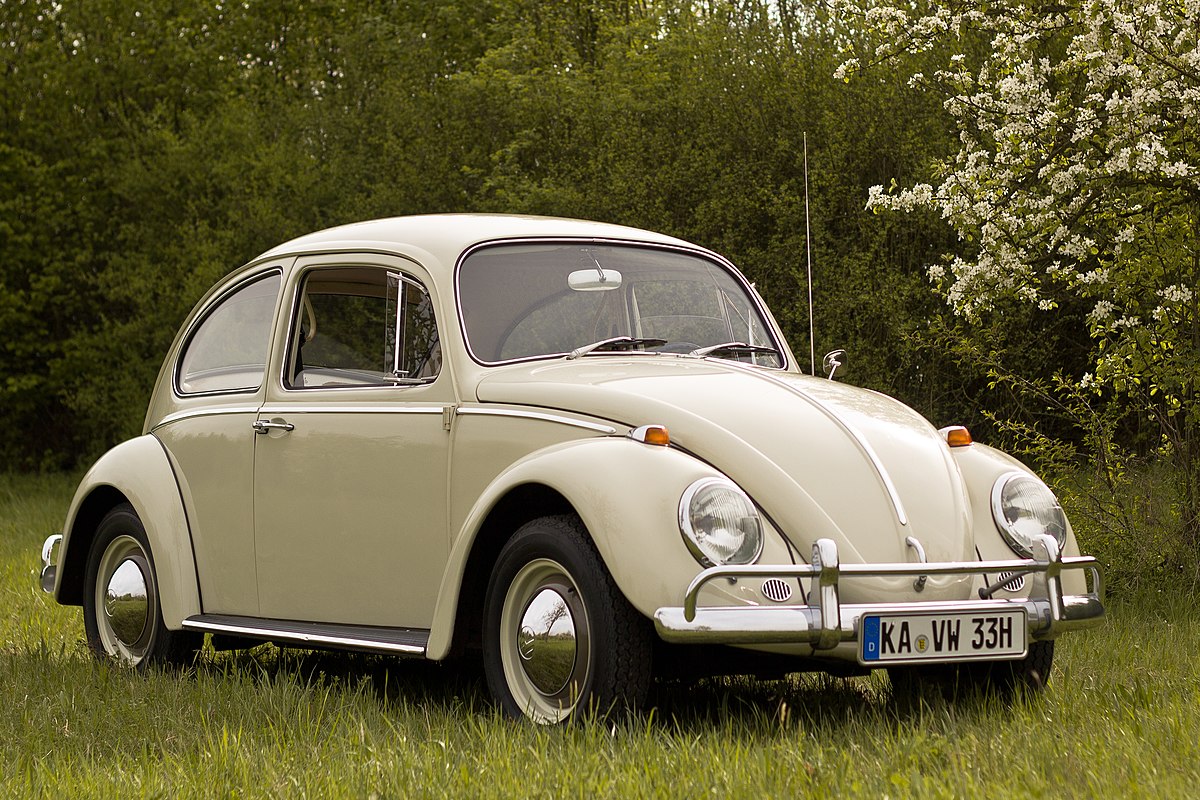
5. Volkswagen Beetle (2012-2017)
The Volkswagen Beetle (2012-2017), while celebrated for its unique design and retro appeal, suffered from a range of DSG-related issues, particularly in the later years of production. Much like the Jetta and GTI, the Beetle’s DSG transmission was prone to rough shifting and hesitation, especially when driving at low speeds or during stop-and-go traffic.
The transmission often struggled to smoothly transition between gears, causing the car to jerk or stutter when accelerating from a stop. This rough shifting was particularly noticeable in early models and was the result of both design flaws and premature wear on the transmission’s clutch packs.
Another problem that plagued the Beetle’s DSG was its susceptibility to overheating, which resulted in loss of performance and inconsistent shifting. Overheating could cause the transmission to lose its ability to shift smoothly, creating a jerky and unpleasant driving experience.
In extreme cases, overheating led to complete transmission failure, requiring costly repairs or even complete transmission replacement.
Even with regular maintenance, many Beetle owners found that the DSG system simply couldn’t handle the demands of daily driving, especially under heavy loads or aggressive acceleration.
The DSG in the Beetle was also prone to electrical issues, particularly with the transmission control module. These electrical failures caused erratic shifting, a loss of communication between the transmission and the car’s engine management system, and sometimes even complete transmission failure.
In many cases, Beetle owners had to replace the TCM, clutch packs, or entire DSG units, making the Beetle an expensive car to maintain in the long term.
Despite its quirky charm and fun-to-drive nature, the DSG issues in the Beetle made it less reliable than other vehicles in Volkswagen’s lineup, and many owners found themselves dealing with costly repairs and frustrated with the transmission’s inconsistent performance.
Also Read: 10 Cars With Best Dash Designs That Bring Innovation
The issues surrounding Volkswagen’s DSG transmission are well-documented, and for owners of affected vehicles, the experience has been less than ideal.
While the DSG system itself offers clear performance advantages, such as quicker shifting times and enhanced fuel efficiency, the reliability concerns associated with these transmissions have been significant, especially in certain models within Volkswagen’s lineup.
The models highlighted in this article – the Volkswagen GTI MK6, Jetta MK6, Tiguan MK1, Passat B7, and Beetle (2012-2017) – serve as prime examples of how the DSG system, in its earlier iterations, failed to meet the durability expectations of many drivers.
Despite their appeal in terms of design and driving pleasure, these vehicles have faced substantial transmission-related problems that have made ownership less than enjoyable for many drivers.
At the heart of the DSG issues is the dual-clutch technology itself. While it’s designed to offer quicker gear changes and improved fuel economy, the complexities involved in managing two separate clutches and a host of electronic components can result in problems over time.
In particular, rough shifting, clutch wear, overheating, and electronic malfunctions have been consistent issues across several Volkswagen models equipped with DSG transmissions. These problems are often not minor inconveniences; rather, they represent major mechanical and electrical failures that can leave drivers stranded and with expensive repair bills.
For many owners, the initial appeal of owning a high-performance Volkswagen vehicle equipped with a DSG transmission quickly fades when they begin to experience the frustration of a poorly shifting, overheating transmission that requires frequent repairs.
In addition, the ongoing need for maintenance and specialized software updates makes ownership more costly, and for those who have purchased these vehicles used, it can lead to an unexpected financial burden.
The lack of long-term reliability is a key issue that many owners have faced, and in some cases, the cost of repairing or replacing the DSG system outweighs the value of the vehicle itself.
However, it is important to note that Volkswagen has made strides in improving the DSG system over the years. Later-generation DSG transmissions, particularly those found in newer models like the Volkswagen Golf R and the Volkswagen Passat B8, have benefited from extensive refinements.
These improvements have helped mitigate many of the issues that plagued earlier models. Volkswagen has also made changes to its transmission management software and hardware components to address overheating and shifting issues, leading to a more refined and reliable driving experience in many of its current offerings.
For prospective buyers, it is essential to understand the nuances of Volkswagen’s DSG transmission and the potential risks associated with certain models.
While some Volkswagen cars are equipped with DSG systems that perform reliably and provide an excellent driving experience, others, particularly those produced in the earlier part of the last decade, have been burdened with serious transmission problems.
As with any major car purchase, conducting thorough research, reading reviews, and checking for recalls or known issues can help ensure that you choose a model that is less likely to suffer from these recurring transmission problems.
For current owners of affected models, addressing DSG problems early through proper maintenance and seeking out software updates from Volkswagen can potentially reduce the severity of some of these issues.
While the DSG system can be an asset when functioning correctly, owners need to be aware of the potential risks and take proactive steps to protect their vehicles from the costly repairs associated with these transmission failures.
In conclusion, the DSG transmission has been a breakthrough in automotive technology, but not without its flaws. For owners of affected Volkswagen models, the road to a seamless driving experience has been riddled with bumps, both figurative and literal, thanks to persistent transmission issues.
As Volkswagen continues to refine and improve its dual-clutch technology, it remains to be seen whether the brand can fully erase the reliability concerns that have lingered around its DSG transmissions for years.
Until then, understanding the strengths and weaknesses of DSG-equipped Volkswagen cars remains crucial for both current and prospective owners.

